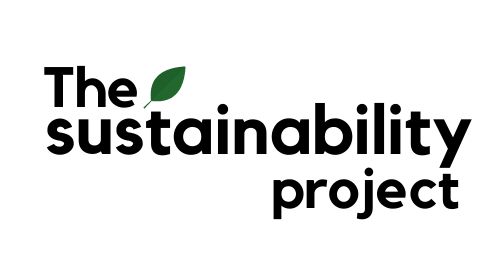Companies are using these terms to describe their product. But does choosing one over the other make a real difference? To be able to make a better decision for your next purchase, here is the breakdown of Biodegradable vs Compostable vs Recyclable and what each term means!
Biodegradable
Biodegradable products are capable of decomposing with the help of bacteria and other organisms. As compared to non-biodegradable products, they do not require any use of chemicals for decomposition. Hence, they are less environmentally damaging.
Compostable
Compostable is define by scientific standards ASTM D6400, ASTM D6868 and EN13432 as having the following characteristics:
Biodegradability – 60-90% of the product is going to break down within 180 days
Disintegration – 90% of the product is going to break down into pieces that are 2mm in size of less
Eco-Toxicity – When that product breaks down in a commercial composting facility it is not going to leave heavy metals that are toxic to the soil
So basically, they are products that are providing nutrients to the soil upon decomposition and have the least environmental impact!
Recyclable
As define by ISO 14021, being recyclable is “Diverting characteristic of a product, packaging, or associated component that can be from the waste stream through available processes and programmes. In the form of raw materials or products, they can collect, process and return to use. ”.
In layman’s term, recyclable products can be turned into something new. For example, using recycled paper to make notebooks or using recycled plastic to make skateboards.
In conclusion, I hope that you now know the differences between Biodegradable vs Compostable vs Recyclable and spread it to your friends and family!

